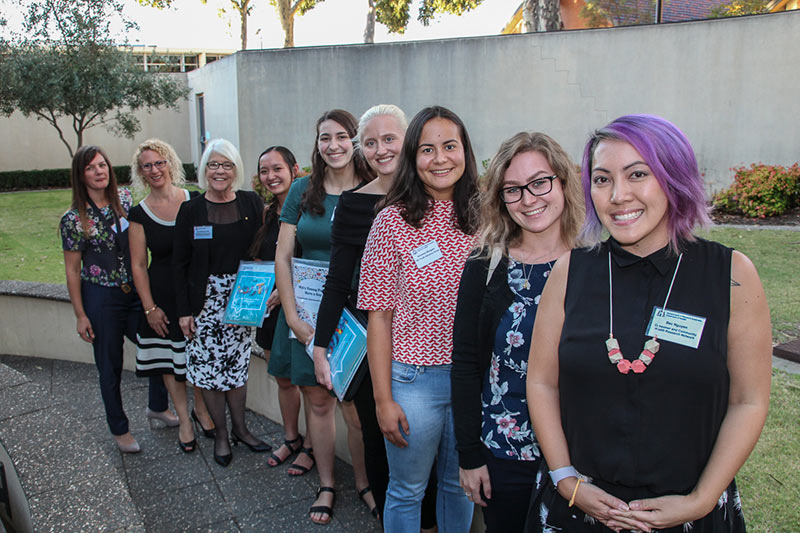Search
Research
Can joined-up data lead to joined-up thinking? The Western Australian Developmental Pathways ProjectModern societies are challenged by "wicked problems" - by definition, those that are difficult to define, multi-casual and hard to treat.
Research
Dietary patterns and markers for the metabolic syndrome in Australian adolescentsOverweight and other risk factors for cardiovascular disease (CVD) as well as their clustering, are increasingly prevalent among adolescents.
Research
Affirming schools, population-level data, and holistic public health are key to addressing mental ill-health and substance use disparities among gender and sexuality diverse young peopleYael Perry BPsych (Hons) MPsych (Clin) PhD Head, Youth Mental Health 08 6319 1298 yael.perry@thekids.org.au Head, Youth Mental Health @yaelperry she/
Research
Physical activity interventions for the promotion of mental health outcomes in at-risk children and adolescents: a systematic reviewMany young people are exposed to risk factors that increase their risk of mental illness. Physical activity provision is an increasingly popular approach to protect against mental illness in the face of these risk factors. We examined the effectiveness of physical activity interventions for the promotion of mental health outcomes in at-risk children and adolescents.
Research
Understanding wellbeing from the perspective of youth with chronic conditions: A group concept mapping approachPromoting wellbeing for youth is a global health priority and young people with chronic conditions demonstrate disproportionately low wellbeing compared to their peers. However, wellbeing is variably defined, and little is understood as to what wellbeing means for this population. The aim of this study was to develop a conceptualisation of wellbeing that is rooted in the perspectives of young people with chronic conditions.

News & Events
Parent of a year 7 student? NOW is the best time to talk to your child about drinking alcoholSenior Research Officer from The Kids Research Institute Australia’s Human Development and Community Wellbeing team, Robyn Johnston, says now is actually a good time to start talking to them about alcohol - before they transition to the teenage years.

News & Events
The Kids welcomes new WA youth health policyThe Kids welcomes the launch of WA’s first policy on youth health which will give young people a voice in the planning of health services that affect them.
Research
Thriving families: The feasibility and preliminary efficacy of a multi-component physical literacy program for children with neurodevelopmental, emotional, or behavioural problemsChildren with neurodevelopmental, emotional, or behavioural challenges participate in lower levels of physical activity (PA) and subsequently have poorer physical and mental health outcomes. We sought to determine the feasibility and preliminary efficacy of a multi-component physical literacy program for children with neurodevelopmental, emotional, or behavioural challenges.
Research
Neurocognitive and self-reported psychosocial and behavioral functioning in siblings of individuals with neurodevelopmental conditions: a study using remote self-administered testingThis study compared and explored the neurocognitive profiles of siblings of persons with and without neurodevelopmental conditions (NDCs) and associations between objective test performance and self-reported psychosocial functioning.
Research
The Role of the Avatar in Gaming for Trans and Gender Diverse Young PeopleA significant proportion of trans and gender diverse (TGD) young people report membership of the gaming community and resultant benefits to wellbeing. To date their experiences and needs regarding a key feature of games, the avatar, are largely unexplored, despite increasing interest in the therapeutic role of avatars in the general population. The aim of this study was to better understand the role of the avatar in gaming, its impact on TGD young people's mental health, and their unique needs regarding avatar design.
